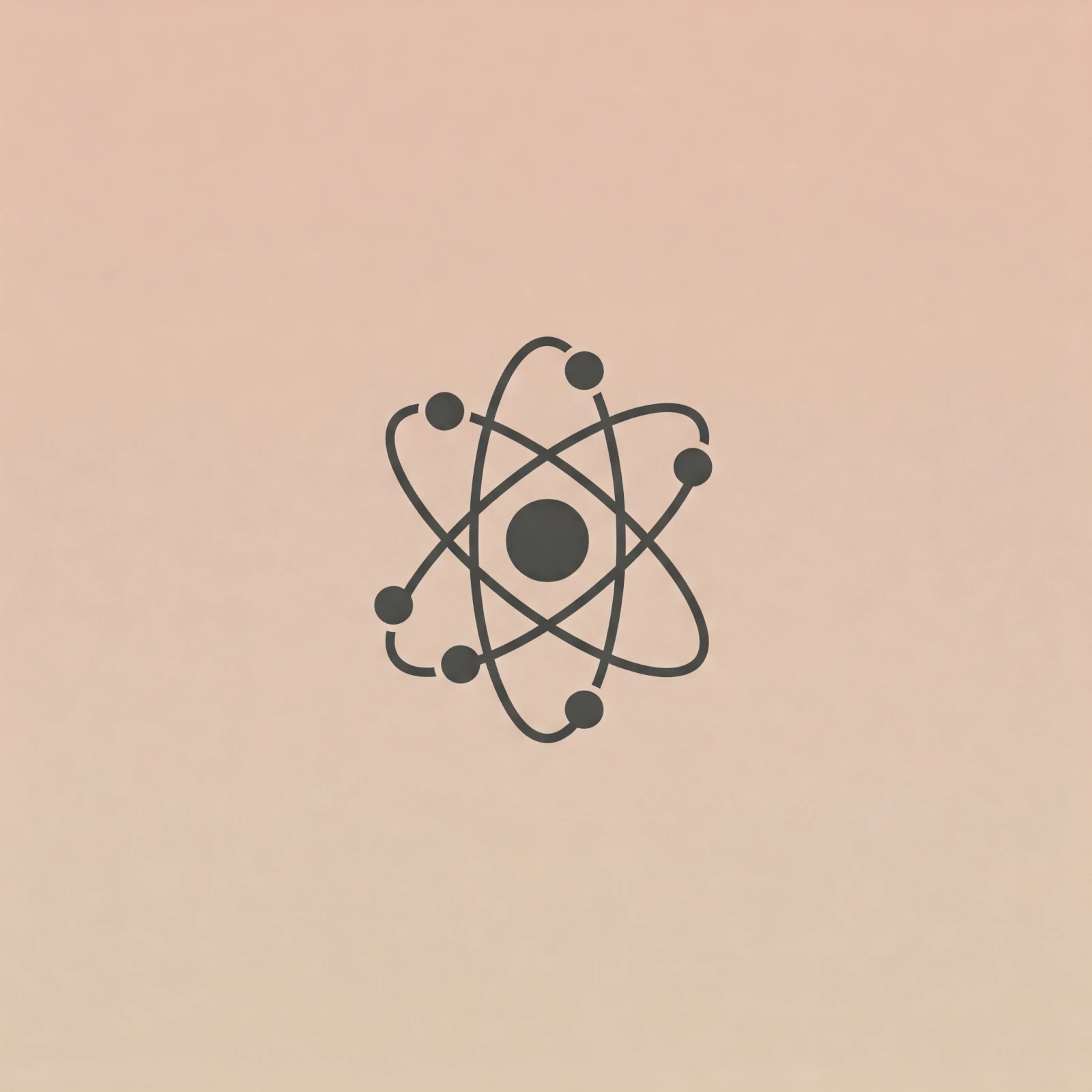Ph.D. in Physics - Explore the Depths of Cosmic Knowledge

Blog / December 30, 2023
phd in physicsPhD in Physics DurationEligibility for Phd in physicsCommencing a Doctor of Philosophy (Ph.D.) in Physics is a formidable undertaking marking the academic achievement’s pinnacle. It is a journey that challenges brilliant minds to dig deep into a specific field of study, contribute original research, and surface as experts in their chosen domain. Unlike undergraduate and master's courses, which primarily emphasize coursework, a Ph.D. in Physics revolves around independent research, requiring aspirants to identify a niche within the field, prepare research questions, and conduct original investigations contributing to the existing body of knowledge.
The Rising Demand for Physicists and Astronomers
The current employment outlook for physicists and astronomers is anticipated to soar by 5% between the years 2022 and 2032, surpassing the average growth rate for all professions. On average, around 1500 vacancies for physicists and astronomers are expected to become available every year in the coming ten years. A significant portion of these openings is foreseen to surface as an outcome of the necessity to replace individuals transitioning to alternative occupations or leaving the workforce due to retirement. Thusly, if you are planning to contribute to the world of Physics, Ph.D. in Physics awaits you.
What is the Eligibility for Ph.D. in Physics?
The admission process for taking admission to a Ph.D. in Physics is utterly comprehensive. The applicants not only need to meet the eligibility criteria but should also have multiple quality research papers and patents. Even though the minimum eligibility for a Ph.D. in Physics differs from one university to another, below outlined is the common requirement to pursue a Ph.D. in Physics. Read on to know.
- Aspirants must have completed their master's in relevant subjects from a recognized university.
- Candidates with post-graduation or M.Sc/M.Tech. in Physics or Material Science can apply for a doctoral degree in Physics.
- Candidates must have at least a minimum of 60% aggregate marks in the last qualifying examination.
- Aspirants are also selected based on the marks secured by the candidates in the entrance exams such as:
- CSIR NET
- UGC NET
- GATE
- UGC JRF
What is the Duration of a Ph.D. in Physics?
A Ph.D. in Physics duration typically takes four to five years to complete. To your knowledge, the first two years of the program contain advanced coursework, and brilliant-minded individuals begin with their research in the initial year. The last two years are for completing dissertation research and writing it up. Students have to clear a final oral exam reviewing their dissertation and all facets of their graduate training.
Explore the Unknown with Ph.D. in Physics @ Shiv Nadar University (Institution of Eminence)
Shiv Nadar University, recognized as an Institution of Eminence, houses the School of Natural Sciences, which presents an exceptional program for Ph.D. in Physics. Tailored to tackle diverse and dynamic research interests, this program proffers an unparalleled learning and research setting for ambitious and highly encouraged students. The university's research endeavors often transcend disciplinary boundaries, promoting collaborations among numerous departments within the School of Natural Sciences, Shiv Nadar University, and other affiliated schools and research centers. The Department of Physics at Shiv Nadar University delivers a robust program leveraging its multiple strengths:
- The program actively fosters and supports multi-disciplinary research activities.
- Numerous faculty members at the university have tons of experience in renowned international research institutes, with several participating in significant global research collaborations.
- The department actively motivates collaborative research initiatives with industry, propelling joint programs with giant technological organizations.
Further, Shiv Nadar University focuses on an interdisciplinary research environment. The faculty and researchers benefit from a competitive fellowship, proffering students a pool of opportunities for academic as well as professional growth.
The Program Structure
The Ph.D. in Physics spans eight semesters, encompassing coursework and subsequent research collaboration between students and their assigned mentors. The program includes mandatory courses, which are as follows:
- Review of Classical Mechanics
- Review of Statistical Mechanics
- Review of Quantum Mechanics
- Review of Classical Electrodynamics
- Condensed Matter Physics
- High Energy Physics
- Exploration in Research and
- Physics Elective
To Wrap It Up
This doctoral research has made significant contributions to the field of physics by elucidating intricate phenomena at the quantum level. Via rigorous experimentation and theoretical analysis, novel insights have been gained into fundamental aspects of particle behavior as well as interactions. The results not only advance the comprehension of the underlying principles governing the universe but also hold promise for practical applications in technology. This work underscores the continual quest for knowledge of physics and sets the stage for further exploration into the mysteries of the cosmos. If you are ready to decipher the mysteries of the Cosmos, enroll for a Ph.D. in Physics at Shiv Nadar University.